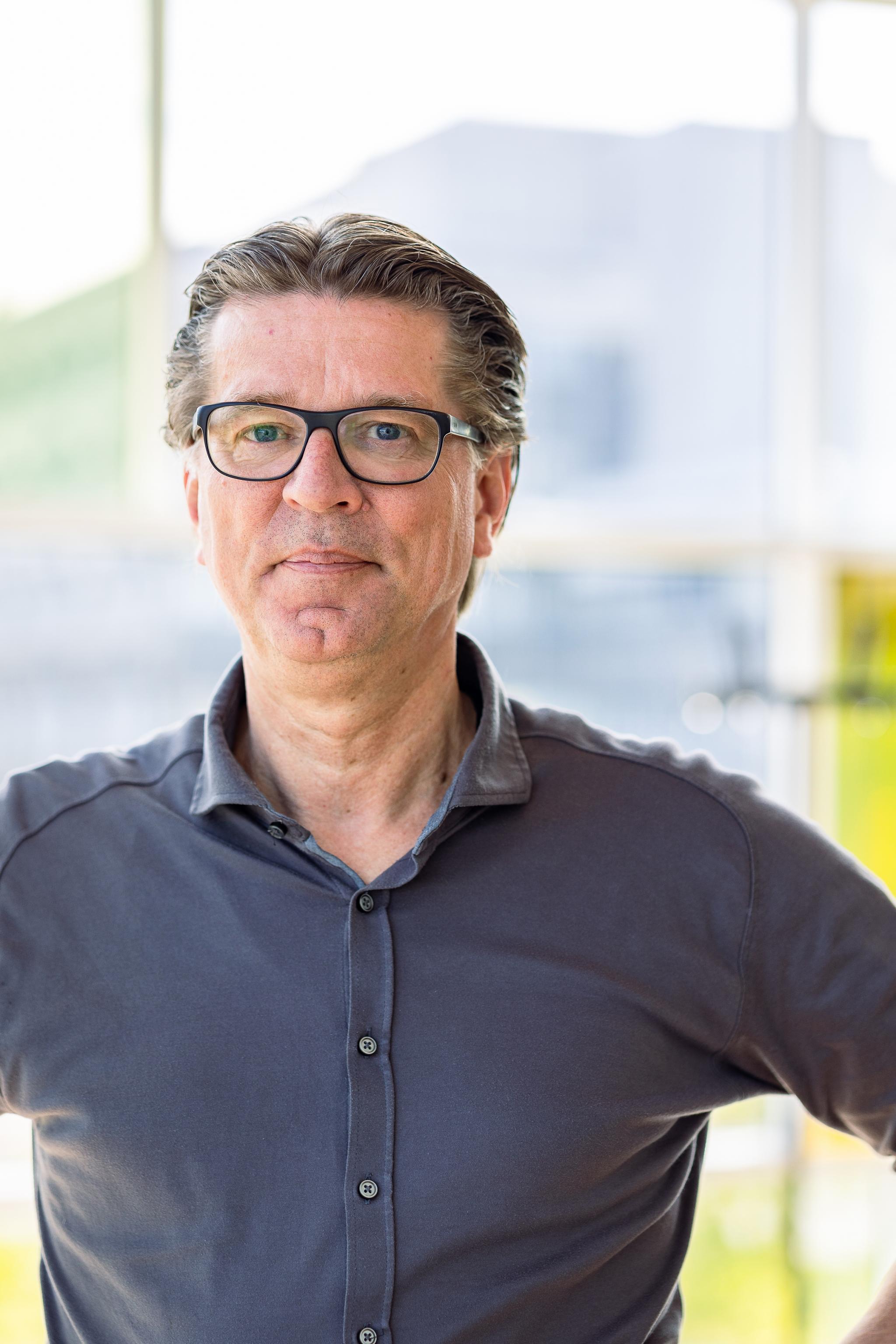Much has happened since the COVID-19 crisis and the war in Ukraine highlighted supply chain dependencies and insecurities in the EU. In December 2022, the Dutch government published the Nationale Grondstoffenstrategie (The National Resources Strategy). In addition, the Raw Materials Act is expected to be published by the European Union in the upcoming year. These political statements have certainly brought critical raw materials to the foreground of research and political discussion, and interest in the research of Rene Kleijn, Scientific Chair of the Circular Industries Hub. In this article we highlight an interview on this topic by De Nieuwe Wereld.
Metals and supply chain insecurities

Jurgen Tiekstra, who interviews Kleijn, highlights that metals fulfill useful and sometimes unexpected functions: tungsten makes sure that phones can vibrate, and gallium and indium are part of the functioning of the LED technology in lamps. We certainly use a large diversity of metals. For example, the production of a computer chip requires more than 2/3rds of the periodic system. And the demand for metals is only expected to increase because the energy transition requires much more of these materials.
In response to this, Rene Kleijn mentions that while the demand is increasing, knowledge about supply chain insecurities is increasing as well. To be clear: supply dependence of the EU is large, up to a 100% for some critical materials. Kleijn points out that the list and numbers of some materials are even biased because besides raw resources, the EU also uses a lot of resources in ready fabricated products such as batteries.
The EU's supply chain dependence
It is unclear which resources will be most needed in the future because it is not yet known which materials will be required by future technologies. For example, cobalt has been under high demand because of its function in batteries, but new phosphate batteries require no cobalt at all. It may be possible to mine for resources in Europe. Kleijn highlights that much about the mining potential in Europe is still unknown. For example, West-Germany remains largely unexplored, and recently has been announced to be explored for mining opportunities. Yet, even with these possibilities, it may still not be socio-culturally possible to start mining in Europe. As stated by Kleijn:
Why do we want to drive an electric car but not a mine in our backyard. We must dare to bear the consequences of the choices we make.
Opportunities offered by the energy transition
The energy transition will still requires mining, generating ecological and social issues. However, the energy transition presents a better option because there will be less mining. Firstly, because we will need less coal, oil, and gas. Secondly, because we will need less metals because we can make the metals circular. In the end, it is therefore important that we create a system that makes the recycling and reuse of the materials possible.
Curious to know more about the interview? Watch it here (Dutch only):
About Rene Kleijn
René Kleijn is associate professor in Industrial Ecology at the Institute of Environmental Sciences (CML) of Leiden University and chairman of the LDE-CfS Circular Industries hub.
More about Rene Kleijn and his research on the Leiden University website
